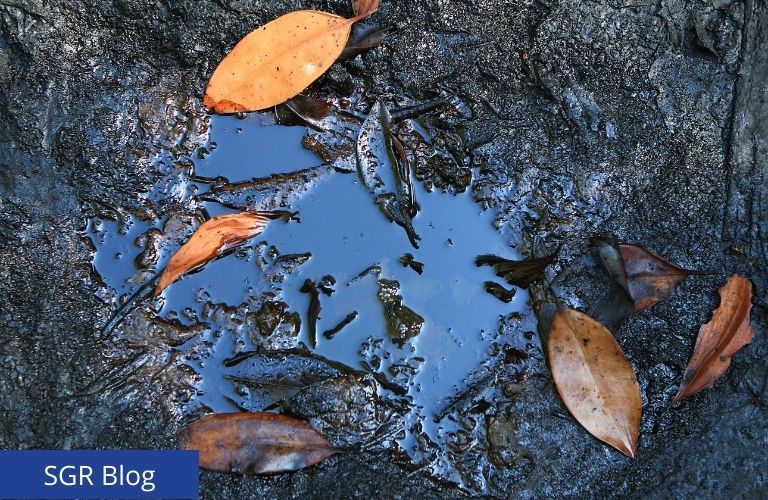
The EPA has release a proposed guidance document for conducting cumulative risk assessments (“CRA”) under the Toxic Substances Control Act (“TSCA”). The guidance is designed to assist the EPA to characterize and quantify the combined risk to health and/or the environment from multiple chemical agents and/or stressors. Under the Biden Administration, consideration of cumulative risk is a top priority for the EPA in its efforts to address environmental justice concerns. The draft guidance notes that disadvantage communities often face multiple pollutants from multiple media which overlap with the adverse effects of poverty and other socioeconomic factors. However, it takes a… Read more










